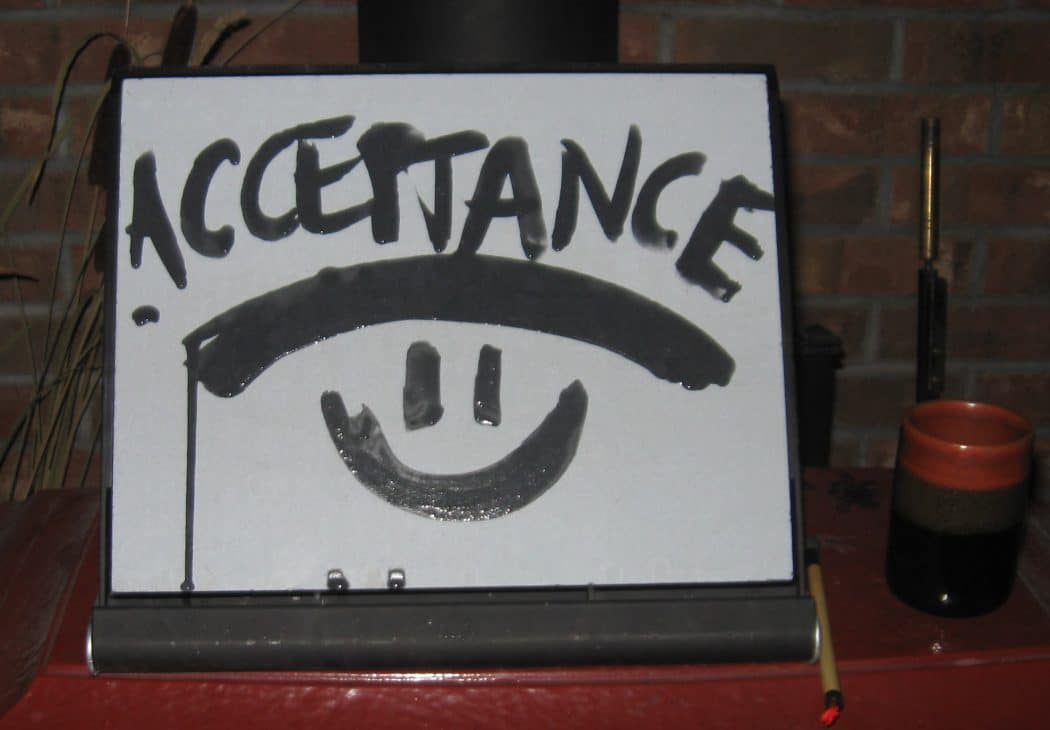Karoshi – Manage Energy, not Time
By Gregg Krech
The Japanese have the longest life expectancy of any country in the world (2020). You’ll have to scan much further down the list to find the United States. We’re 54th. So the Japanese must be doing something right.
But not everybody in Japan lives to a ripe old age. The Japanese developed the word “karoshi” to describe the phenomenon of “death from overwork.” An example of karoshi was a Japanese woman, Miwa Sado, who died at the age of 31 from heart failure in 2013. She worked for Japan’s national broadcasting company, NHK. She had logged 159 hours of overtime in the month leading up to her death.
This business culture of overwork, which is now common in many countries throughout the world, including China and the U.S. is based on the idea that working long hours, without a break or time to recover, is the formula for high productivity.
But this is a myth.
At Stanford University, economics professor John Pencavel found that productivity per hour declines sharply when a person works more than 50 hours per week. Working beyond 55 hours, productivity drops so significantly that working any more hours would be pointless.

But you have to make sure you actually renew that resource. You do this by giving yourself small blocks of time throughout the day for recovery. Your day, then, alternates between periods of spending energy and periods of recovering energy. My own strategies for renewing my energy resource include taking a short walk, doing some spiritual reading, playing the piano, listening to music, napping, or even doing some physical work like mowing the lawn or picking apples.
This alternating schedule is consistent with nature, the sun setting and rising, the tides, the seasons, and weather patterns. It’s consistent with the way our body functions. Just look at a heart monitor (or EKG) and you can see the natural rhythm of your heart beat. Building muscle requires stress (weight lifting) and then recovery time (in between workouts) and then more stress. Intermittent training is one of the most effective ways for world-class athletes to train.
Nabeel Quereshi, who works on health research at NIH, says that many of us believe we have a “tank” of energy that is gradually depleted as we use it. But he suggests that “spending mental energy on things that you consider productive or important gives you more mental energy for other things: a positive feedback loop.” Conversely, procrastinating on certain tasks can lower your energy for other tasks as well.
Try an experiment this week. Every ninety minutes or so, take a break and do something to renew your energy, even if it is only for 5-10 minutes. Then go back to your work project. See whether managing your energy is more helpful than just managing your time.
Tags: Action Procrastination Taking Action












